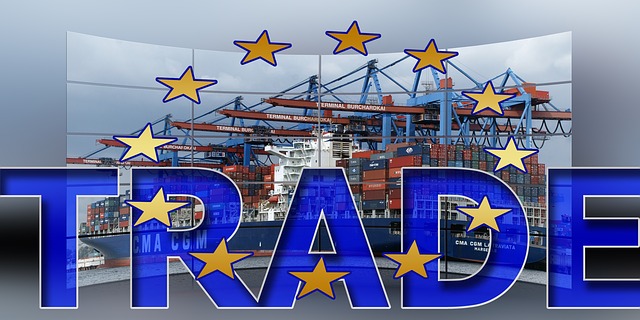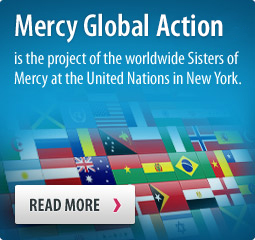
CETA Trade Agreement Approved by European Parliament
Reports: March 07, 2017
On 18 August last year, I wrote an article in Mercy enews, titled ‘Do Trade Agreements Matter?’ This piece covered the background behind two trade agreements: CETA (the Comprehensive Economic and Trade Agreement) and TPP (The Trans-Pacific Partnership). While the CETA agreement is between the EU and Canada, TPP is a trade agreement being negotiated between twelve nations in the Pacific Rim namely United States, Canada, Mexico, Peru, Chile, New Zealand, Australia, Singapore, Malaysia, Brunei, Vietnam and Japan.

There has been growing opposition to CETA since its inception, as many believe it poses a major threat to individual country’s democracy, public services and the environment. It is an enormous business deal that was negotiated, mostly in secret, over five years from 2009 – 2014. CETA is being hailed by its supporters as one of the ‘new generation’ of trade treaties, who state that these favour the workers, whilst opponents believe it favours big business, plus has the potential to undermine democracy and basic human rights.
Final negotiations were held in the European Parliament in Strasbourg on February 15th of this year, leading up to a vote to confirm CETA. The EU unexpectedly backed the trade agreement with Members of the European Parliament (MEPs) solidly approving the pact with 408 in favour and 254 against. MEPs hailed the passing of CETA as a rare victory for what they see as an imperilled global trade system.
Negotiations have been disrupted by protesters from the outset and February 15th in Strasbourg was no exception. Protesters attempted to disrupt the vote, with about 700 people marching outside parliament to voice their opposition to the deal. Anti-globalisation activists dressed in surgical masks dramatically blocked the entrance to the parliament building, before being dragged off by police in riot gear.
Approval by the parliament allows the provisional implementation of CETA within months. Some of the more controversial aspects however, including a much-derided investor court system, still require ratification by EU member states. This could take years! Opponents believe this provision hands too much power to multinationals that will use powerful lawyers to undermine national regulations.
I will keep you posted on any new developments in the area.
Betty Lacey - Researcher Mercy Global Action




